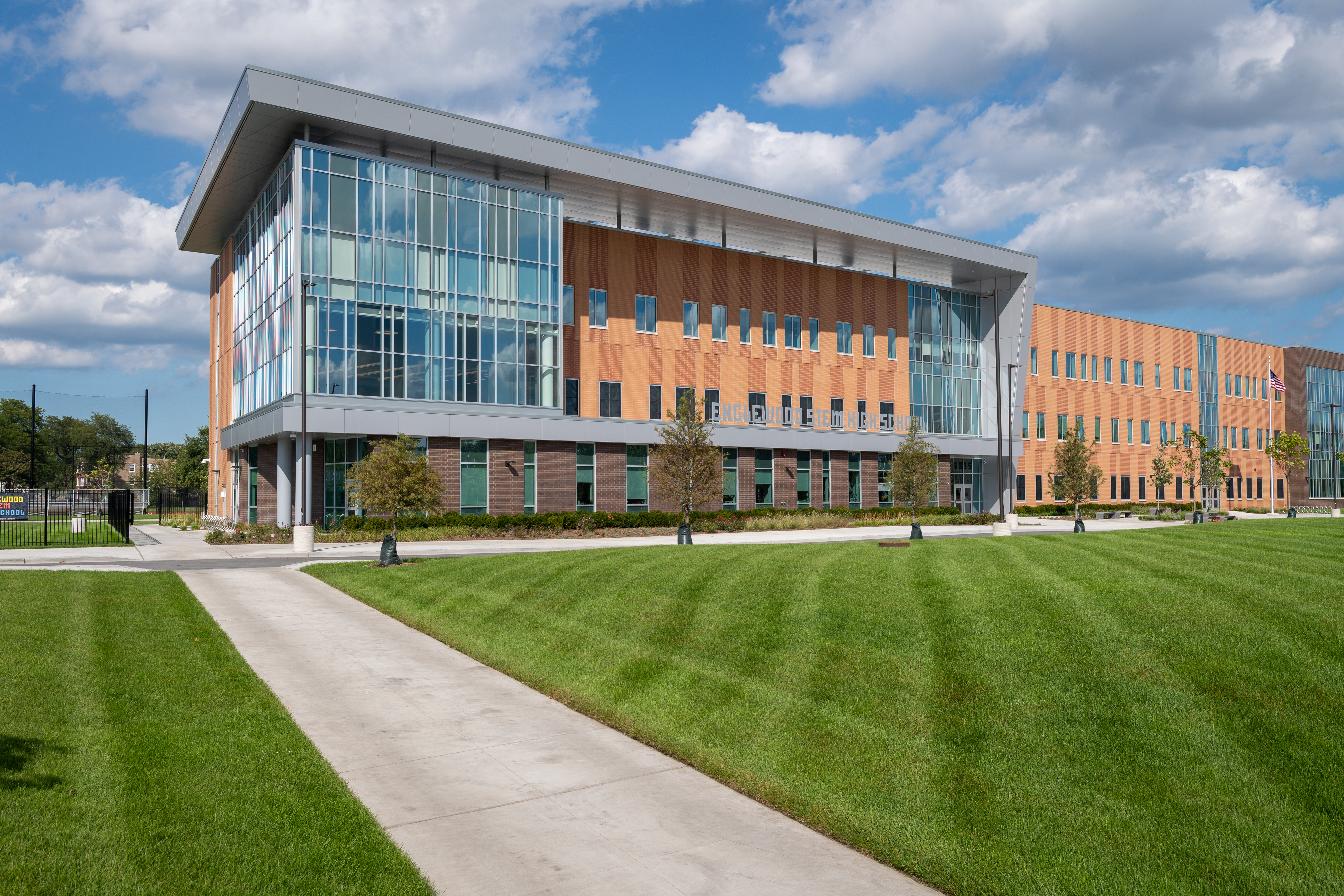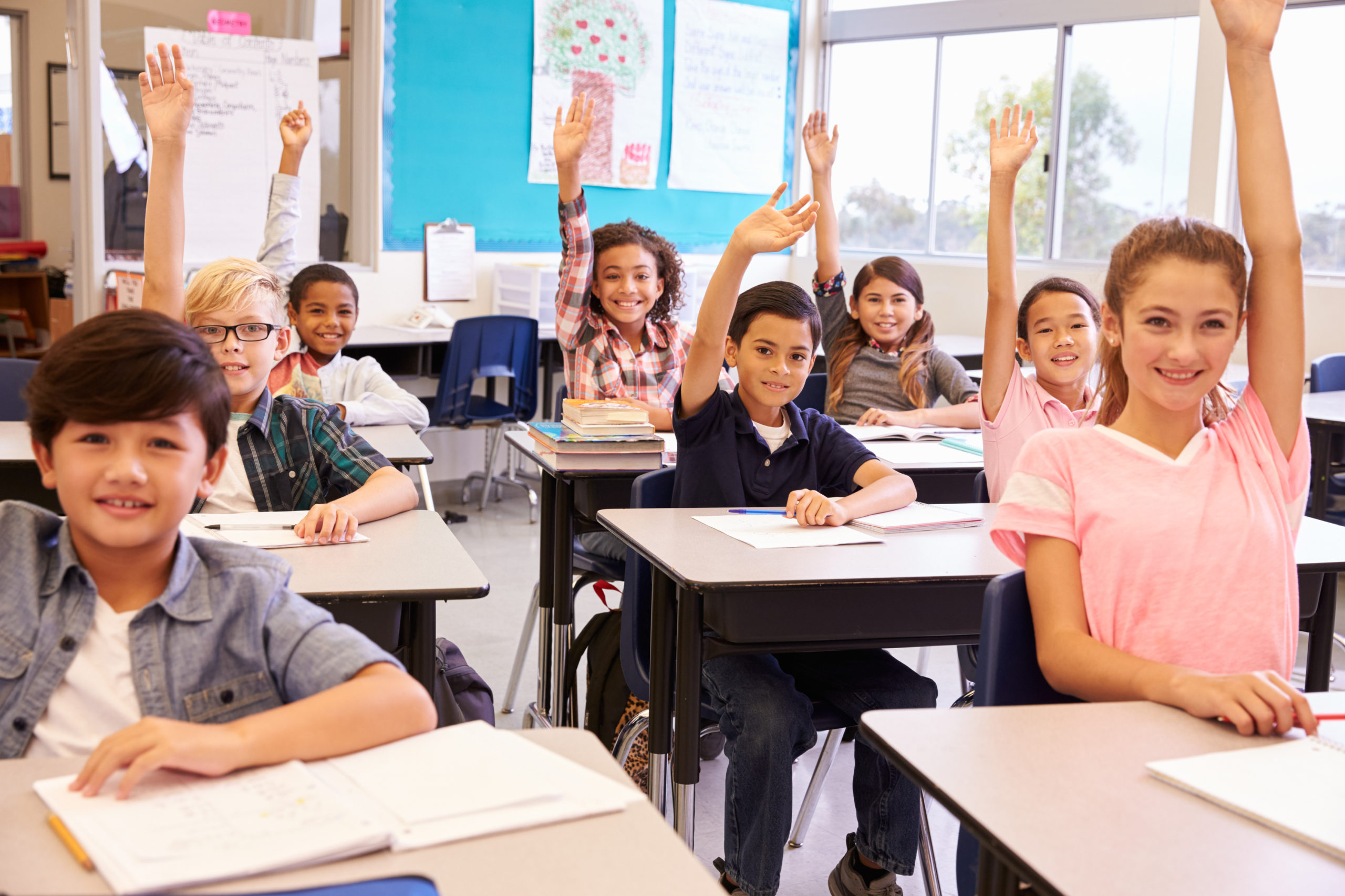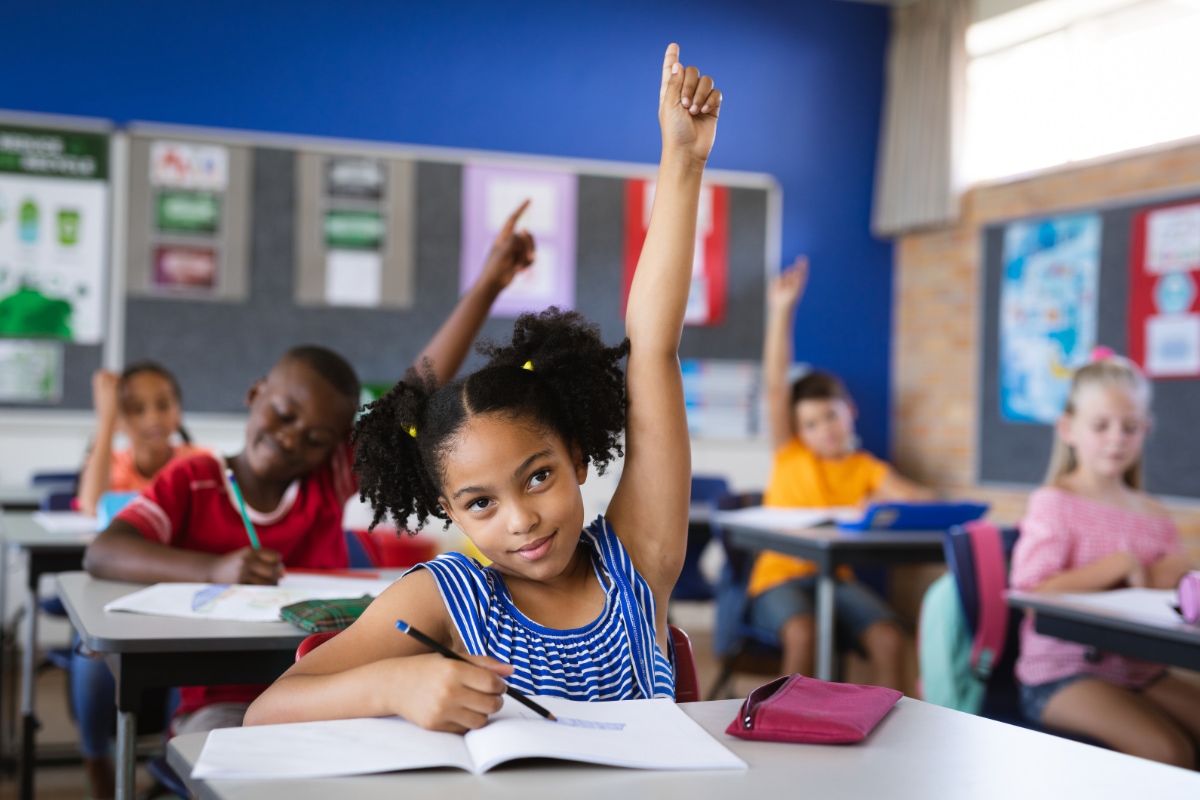Discover the Perks of Advocacy: Save Temecula Schools
Discover the Perks of Advocacy: Save Temecula Schools
Blog Article
Understanding the Value of Institutions in Child Development and Neighborhood Development
Colleges' engagement with local neighborhoods through service-learning initiatives enhances the bond between families and academic establishments. This cooperative partnership underscores the value of institutions in nurturing active citizenship and long-lasting understanding practices.
Academic Accomplishment
Academic accomplishment serves as a cornerstone of youngster growth, giving the foundation whereupon future knowing and success are built. Colleges play a pivotal duty in fostering this scholastic development, supplying organized environments where kids can acquire important knowledge and cognitive abilities. Standardized educational program guarantee that students gain efficiency in core subjects such as maths, science, and language arts, which are vital for both higher education and learning and professional opportunities.
Along with presenting basic academic skills, institutions also grow important thinking, analytic capacities, and intellectual inquisitiveness. These cognitive competencies are essential for navigating complex real-world circumstances and adjusting to the ever-evolving demands of the contemporary work environment. Educators, as facilitators of knowing, use diverse instructional techniques to accommodate varied discovering designs, thereby making the most of specific pupil capacity.
Moreover, academic success is carefully connected to self-esteem and motivation. Kids who experience scholastic achievements are more probable to create a positive self-concept and a lifelong enthusiasm for understanding. Colleges also provide numerous sources, such as collections and technology, which even more improve the instructional experience and prepare pupils for a highly advanced society.
Social Ability Development
Beyond academic success, the function of institutions in social ability development is essential. Schools serve as a main location for children to learn and practice vital social skills such as conflict, interaction, and cooperation resolution. In the structured atmosphere of a class, trainees connect with peers, educators, and various other institution team, using various opportunities to create these critical capacities.
Effective social skill development in colleges is facilitated with team tasks, collective projects, and extracurricular programs. These interactions aid trainees comprehend social standards, build compassion, and promote a sense of neighborhood. As an example, team jobs teach trainees how to function together towards an usual objective, listen to different viewpoints, and browse disputes constructively.

The farming of social skills during institution years lays a structure for future personal and expert relationships. Save Temecula Schools. As students grow, the capability to properly communicate and work together becomes progressively crucial, emphasizing the school's crucial role in all natural youngster growth
Direct Exposure to Diversity
Exposure to diversity in schools is fundamental to cultivating an inclusive attitude and widening pupils' viewpoints. Schools act as a microcosm of the more comprehensive culture, and running into varied societies, languages, and socioeconomic histories within this environment equips students with important skills for navigating an increasingly globalized globe. This direct exposure motivates compassion, lowers bias, and advertises mutual regard amongst peers.
Research study suggests that trainees who connect with peers from different backgrounds exhibit better problem-solving skills and imagination. This understanding of variety prepares trainees for future work environments that value modern proficiency - Save Temecula Schools.

Neighborhood Involvement
The benefits of varied classrooms prolong beyond the institution wall surfaces, promoting a solid sense of area engagement among pupils. By communicating with peers from various social, socioeconomic, and ethnic histories, students acquire a more comprehensive point of view and an appreciation for diversity. This exposure motivates them to end up being active people that agree to add positively to their areas.
Colleges that stress neighborhood interaction often integrate service-learning tasks, which permit pupils find more to attend to real-world issues while using scholastic skills. These projects not just enhance trainees' understanding of their coursework but likewise infuse a feeling of duty and compassion. Additionally, collaborations between colleges and neighborhood organizations supply pupils with possibilities to join community occasions, better solidifying their role as aggressive neighborhood members.
In addition, parental and area involvement in colleges enhances the bond between academic organizations and the areas they offer. They create a joint environment that profits all stakeholders when institutions open their doors to area events, workshops, and volunteer possibilities. This mutual support system ensures that trainees obtain holistic advancement, preparing them to come to be all-around people who contribute and value to their neighborhoods. Via these initiatives, institutions play Learn More Here an essential role in supporting area engagement and promoting social development.
Lifelong Understanding Routines
Developing lifelong knowing routines is vital for a child's continuous growth and adaptability in an ever-changing world. Schools play a critical duty in instilling these habits by creating an environment that fosters curiosity, essential reasoning, and a love for expertise. Via extracurricular activities and diverse curricula, teachers encourage pupils to discover different subjects, examine info seriously, and use their finding out to real-world scenarios.

Furthermore, schools offer an organized environment where children can establish self-control and time administration abilities, both of which are important for continual learning. By stressing the value of establishing objectives, reflecting on progress, and adapting methods, universities prepare pupils to browse the complexities of grown-up life, guaranteeing they stay long-lasting students and factors to culture.
Final Thought
To conclude, schools are crucial in fostering child development and community growth by providing environments for academic achievement, social skill development, and direct exposure to variety. Via joint tasks and More Info communications, colleges enhance vital thinking, empathy, and communication abilities. Area engagement initiatives even more reinforce the bond in between instructional institutions and regional areas. Eventually, colleges cultivate lifelong knowing habits, equipping individuals with the required knowledge and abilities to add positively to culture.
In the structured setting of a classroom, trainees communicate with peers, instructors, and various other school personnel, offering countless possibilities to develop these important abilities.
In essence, direct exposure to variety within schools not only improves private students but likewise reinforces the social textile of the community as a whole.
The benefits of diverse class expand beyond the school walls, promoting a solid feeling of community engagement among students.Colleges that emphasize community interaction commonly include service-learning projects, which enable students to resolve real-world problems while applying academic skills. Partnerships in between schools and local organizations offer trainees with chances to take part in community occasions, better strengthening their role as proactive neighborhood participants.
Report this page